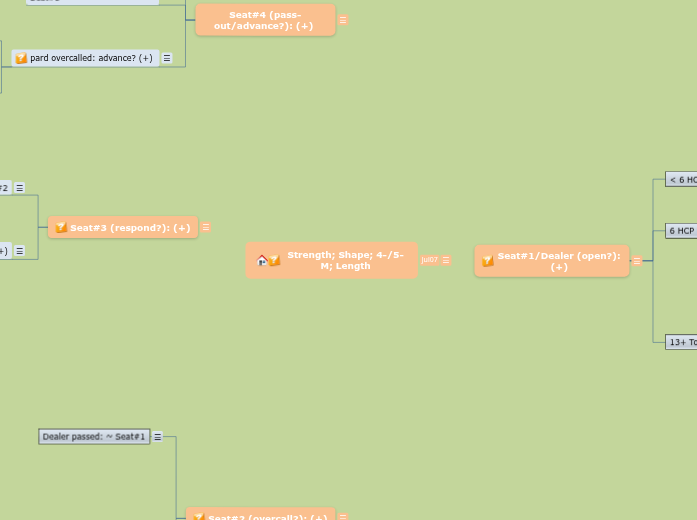por Elizabeth Daniel 12 anos atrás
522
Graphs
Different types of graphs serve various purposes in data visualization. A line graph is ideal for illustrating changes over time by connecting data points with line segments. Bar graphs, which can be either vertical or horizontal, are useful for comparing multiple data sets and identifying trends.









